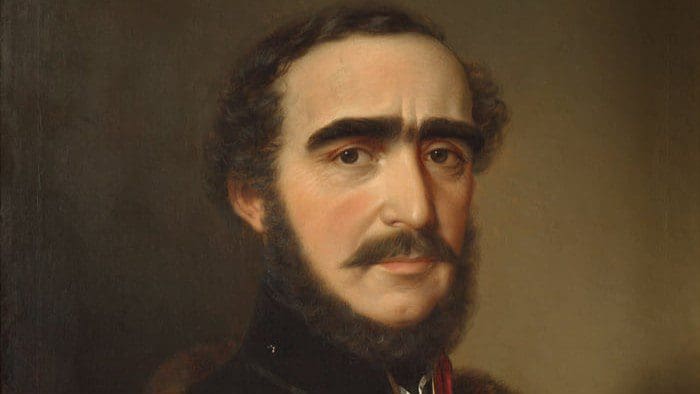The Hungarian Science Festival begins today, with the Hungarian Academy of Sciences (MTA) offering hundreds of public science programmes across the capital, throughout the country, and even beyond Hungary’s borders throughout November and December.
According to the MTA’s statement, the festival will feature lectures on a range of topics, including projections for the United States post-presidential election, challenges facing Europe, the status of fusion research, forecasting natural hazards, and even whether robots could one day become human companions.
The main events of the programme will take place at the Research Centre for the Humanities due to renovations at the MTA headquarters in Budapest. These events will be broadcast live on the MTA’s YouTube channel and made available for on-demand viewing.
The high-profile event series known as Science Festival+ will commence on 5 November, with events that can be viewed in person or streamed live. The programme this year will address topics of pressing public interest, presented in an engaging, dynamic style.
Highlights include mathematician, composer, and flautist János Bali’s talk on Budapest’s free music scene, economist Péter Halmai’s exploration of Brexit and the broader issues of disintegration, and historian Gergely Romsics’s analysis of social and economic trends in the United States over recent decades. Mathematician András Stipsicz will offer attendees a glimpse into the complex four-dimensional space, and biochemist András Perczel will present on the molecular world with his talk titled ‘The Cure for Chemophobia: Why Chemistry is Not Dangerous’.
Further lectures will cover fusion research advancements, natural hazard prediction, and the impact of global warming trends on extreme weather and climate events.
Sustainability will be explored from a systemic perspective in a two-day event titled Hot Sustainability Topics in an Interdisciplinary Mirror, with experts examining trends, risks, and opportunities in areas like law, agricultural production, battery technology, and psychology.
For the first time, the festival will also showcase the Academy’s flagship programmes, including research from the Momentum Programme, Bolyai János Research Fellowship, and other national research initiatives sponsored by the MTA.
The Hungarian Science Festival has been held since 2003, commencing on 3 November with the Day of Hungarian Science, commemorating Count István Széchenyi’s donation of a year’s income from his estates on 3 November 1825 to establish the Learned Society, the precursor of today’s Hungarian Academy of Sciences.
Related articles:







